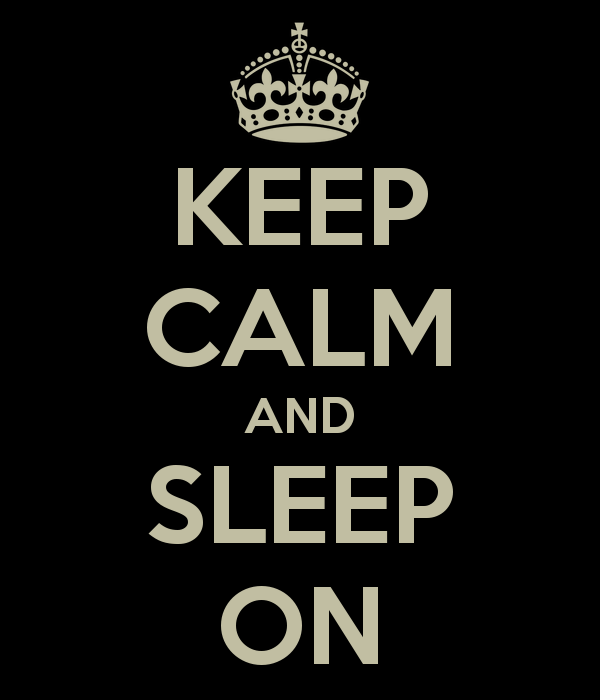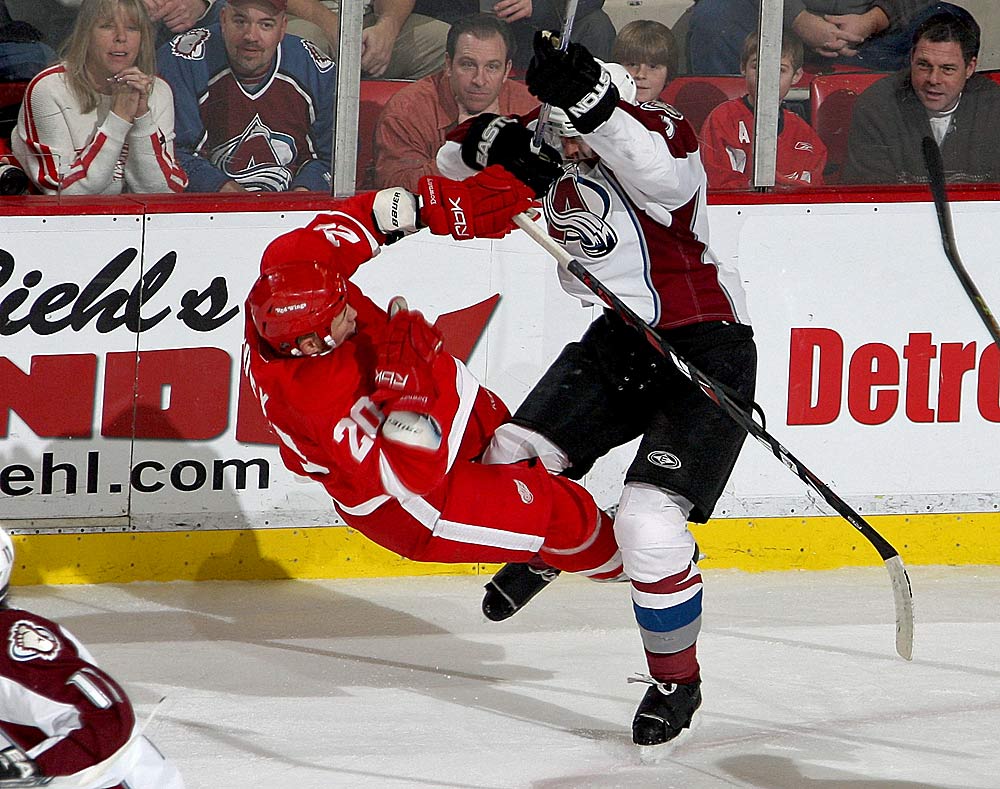3 good reasons to manage your sleep this holiday season
This time of year, festivities are plenty and most are likely to find themselves participating in numerous social engagements, last minute shopping trips, and family dinners.
There are many good reasons to get quality sleep year round, but during the holidays making the effort to properly manage your sleep will mean better enjoyment of your time and a safe and productive return to work. Here are three reasons why:
1. What holiday stress? – Studies show that well rested people have better stress management – Getting good sleep means handling that dinner with the meddling family member or sibling rivalry with much more grace and much less stress.
2. Consume less calories – Well rested people are known to consume less calories and make better dietary judgements. Studies show that you are more likely to eat fat and calorie laden food when you are tired. Of course you want to enjoy those cookies, festive cheese platters, and Dad’s famous gravy, but getting sleep might be a good way to make sure you aren’t so inclined to overdo it.
3. Safe and happy travels – An abundance of holiday gatherings can mean a lot of miles on the road. Keeping up with your sleep means you will have better reaction time and make smarter decisions while driving.
If you are fortunate enough to enjoy some extra time off during the holidays, take advantage of the opportunity to bank sleep or make up for your previous sleep debt so you can return to work safe and productive in the new year. If your schedule requires that you keep working alongside all the seasonal festivities, be sure to take advantage of any opportunity you have to maintain sleep and have friends or family support your need to be productive at work throughout the holidays by providing a quiet environment to sleep or nap when you need it.
While 7-9 hours of nightly sleep is ideal to maintain good mental effectiveness and safety, there may be a few whose holiday social and work demands interfere with getting sufficient sleep. If you are balancing a number of demands and aren’t able to get all the sleep you need, take extra caution with or postpone safety sensitive tasks as the holidays wind up and plan to make sleep your #1 priority in the new year.
From the team at Fatigue Science, have a safe and restful holiday season!

